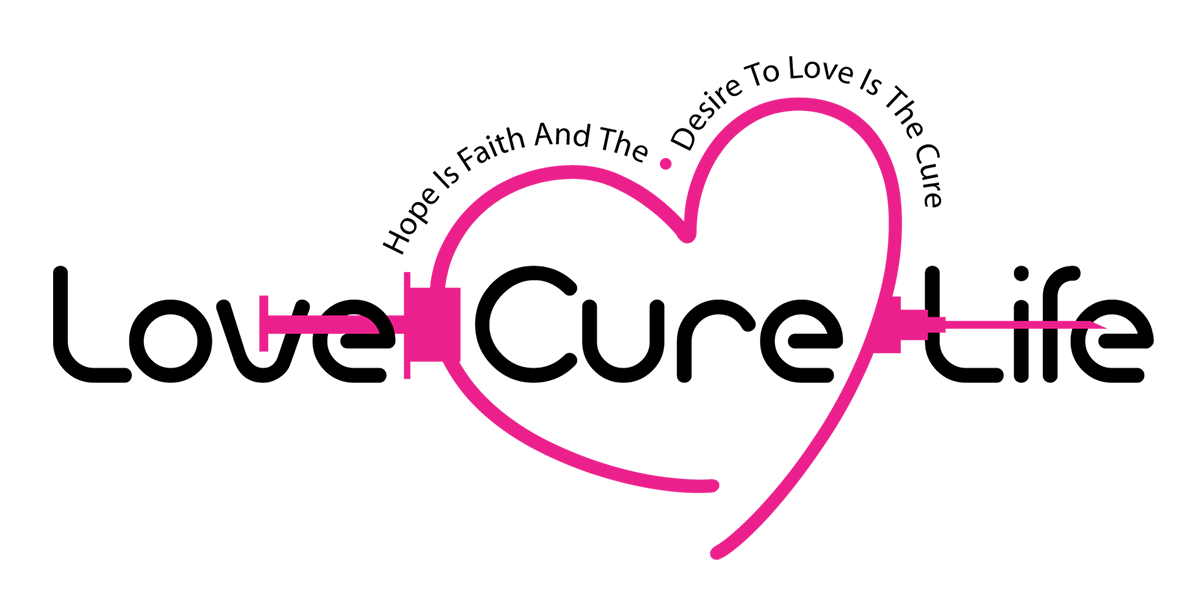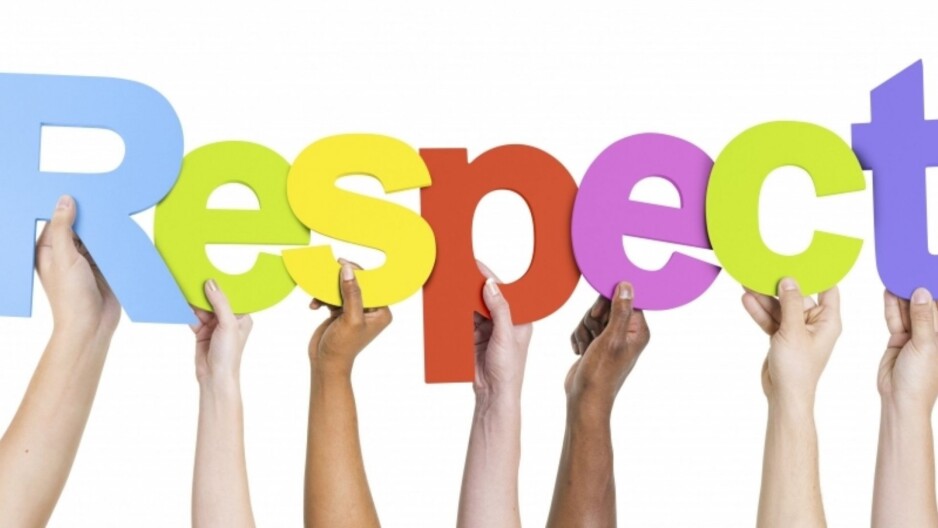It is important to always show respect to persons with disabilities. This means using the proper terminology when referring to them and their conditions. It also means avoiding making assumptions about what they can or cannot do, and instead asking for their input. Finally, it means treating them as equals in all interactions. When everyone works together to show respect, it creates a more inclusive community for everyone.

What is respect?
Respect is a positive feeling or action shown towards someone or something considered important, or held in high esteem or regard. It conveys a sense of admiration for good or valuable qualities. When we respect someone, we take their feelings, needs, thoughts, ideas, and preferences into consideration. We do not tolerate abusive, disrespectful, or dishonorable behavior. An essential ingredient in all healthy relationships, respect helps us feel safe and allows us to express ourselves freely without fear of being ridiculed or humiliated.
People with disabilities are human beings who deserve to be respected. Acknowledge their differences as you would acknowledge anyone else’s uniqueness, and treat them with the same courtesy and consideration you would extend to anyone else. Disability etiquette promotes goodwill and respect among all people. It helps create an inclusive environment where everyone feels valued and respected.
You should not assume a person with a disability needs your help. If you offer assistance, wait until the person accepts your offer before you proceed.

What does it mean to respect persons with disabilities?
Respecting persons with disabilities means recognizing their full personhood and rights. It means not victimizing or discriminating against them, and instead treating them with consideration and understanding. It means listening to them and valuing their opinions and experiences. Ultimately, it means treating them with the same respect and dignity that you would want for yourself.

Why is it important to respect persons with disabilities?
It is important to respect persons with disabilities because they have the same rights as everyone else to make decisions about their lives. Achieving a community that embraces individuals living with disabilities enriches not only communities at large, but also the individual lives of disabled people. “Respect of and for [people with disabilities] means not only counteracting continuing discrimination, but recognizing their full personhood,” (O’Toole, 2011). People with disabilities are human beings who should be treated with respect just like anyone else. When you interact with people with disabilities, focus on their abilities instead of their disabilities. Disabled people who are respected are approximately 5 times more likely to have friends, decide when to share personal information, and participate in activities outside their homes than those who are not respected (O’Toole, 2011). Therefore, it is important to respect persons with disabilities to improve their quality of life.

How can we show respect for persons with disabilities?
Persons with disabilities are human beings who deserve the same respect and dignity as everyone else. One way to show respect is by using “person first” language. This means using positive terminology to describe someone with a disability, rather than labeling them by their disability. For example, saying “a person with a disability” is more respectful than saying “a disabled person.” Another way to show respect is by interacting directly with the person, rather than their caregivers or supports. This shows that you see them as an individual, rather than just a disability. Finally, always ask before helping out. Many people with disabilities are independent and don’t need or want help. Asking first shows that you respect their autonomy.

What are some things we should not do when interacting with persons with disabilities?
There are a few things that we should avoid doing when interacting with persons with disabilities. First, we should never ask questions that could be seen as intrusive or disrespectful. Second, we should never avoid making eye contact with someone who has a disability. Finally, we should never treat people with disabilities like they are children. By avoiding these things, we can show respect and courtesy to persons with disabilities.

How can we challenge negative attitudes and behaviors towards persons with disabilities?
It is important to challenge negative attitudes and behaviors towards persons with disabilities to promote equality and full citizenship for this group of people. One way to do this is by increasing awareness and understanding of disabilities. This can be done through education and awareness-raising campaigns that provide accurate information about what it means to have a disability. It is also important to challenge ableist beliefs that underlie negative attitudes towards disability. This can be done by promoting positive images of disability and disabled people in the media and in everyday life. Finally, it is crucial to empower individuals with disabilities so that they can assert their rights and be respected as equal members of society.

Conclusion
Respecting persons with disabilities means not only understanding and accepting their differences, but also valuing them as full members of society. It is important to use language that reflects our respect for people with disabilities, and to create an environment that is inclusive and supportive. By doing so, we can ensure that all people with disabilities have the opportunity to lead fulfilling and productive lives.

